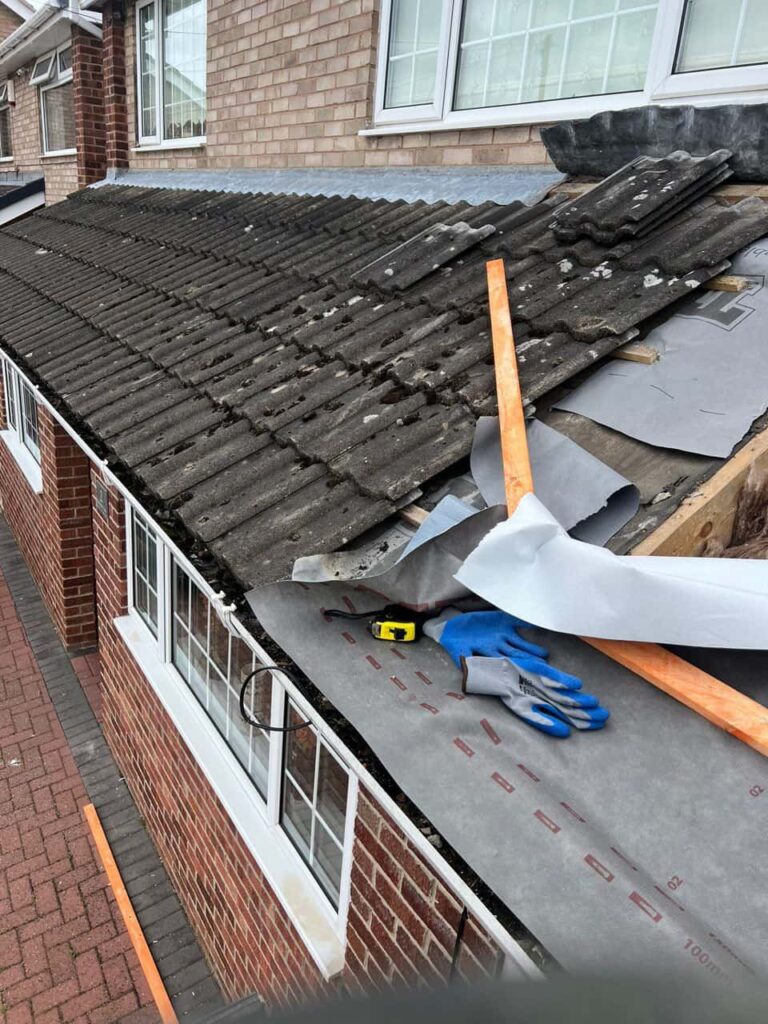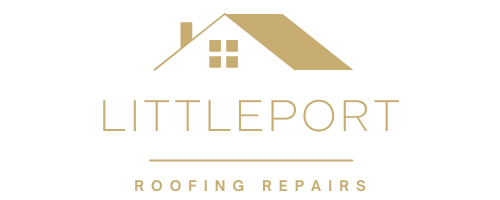When choosing roofing materials for your home, most homeowners focus on durability, aesthetics, and cost. However, noise reduction is an important factor that is often overlooked. Whether it’s the sound of heavy rain, nearby traffic, or aircraft noise, selecting the right roofing material can make a significant difference in how much sound enters your home. At Littleport Roofing Repairs, we understand how essential it is to create a quiet and comfortable living space. In this blog, we’ll explore some of the best roofing materials for noise reduction and why they might be the right choice for your property in Littleport, Cambridgeshire.
1. Clay and Concrete Tiles
Clay and concrete tiles are some of the best options for noise reduction. Their dense composition makes them highly effective at blocking external noise. These materials not only absorb sound but also provide excellent insulation against temperature extremes. Whether it’s the drumming of rain or the hum of nearby traffic, clay and concrete tiles significantly reduce the amount of noise that enters your home.
Additionally, they are known for their durability and long lifespan, making them a great investment for homeowners who value both peace and quality. While these materials may be heavier and require stronger roof support, their performance in noise reduction is second to none.
2. Asphalt Shingles
Asphalt shingles are one of the most commonly used roofing materials in the UK, and they also offer good soundproofing qualities. Their layered construction helps to dampen the noise from rain and wind, making them a popular choice for residential properties.
Asphalt shingles are lightweight, affordable, and easy to install, which makes them a practical option for many homes. For homeowners who are looking for a balance between cost and soundproofing, asphalt shingles are a solid choice.
3. Slate Tiles
Slate is another excellent option for noise reduction. Like clay and concrete tiles, slate is a dense material that can effectively block external sounds. It is particularly effective at reducing high-frequency noise, such as the sound of rain or wind.
Aside from its noise-reducing properties, slate is also highly durable and aesthetically pleasing, adding a timeless elegance to any property. Its natural, non-porous surface ensures that it is not only soundproof but also resistant to the elements, making it a long-lasting solution for homeowners who want both function and style.
4. Metal Roofing with Soundproofing Underlay
Metal roofing is known for being lightweight and durable, but it is not always the best for noise reduction on its own. However, with the addition of a soundproofing underlay, metal roofs can offer effective noise insulation. The underlay acts as a cushion that absorbs sound vibrations, preventing the sound of rain or hail from being amplified inside your home.
For homeowners who prefer the sleek, modern look of metal roofing but want to reduce noise, soundproofing underlay can make all the difference. At Littleport Roofing Repairs, we can help you select the right underlay materials to ensure that your metal roof offers both style and quiet.
5. Green Roofs
Green roofs, also known as living roofs, provide natural insulation and are excellent at reducing noise. The layers of vegetation and soil absorb sound, acting as a natural buffer between your home and the external environment. Green roofs can significantly reduce noise from rain, wind, and even nearby traffic, making them a great option for urban properties or homes located near busy roads.
In addition to their soundproofing qualities, green roofs are also environmentally friendly, helping to improve air quality and reduce the heat island effect in urban areas. They require more maintenance than traditional roofing materials, but the benefits, including noise reduction, make them worth considering.
6. Rubber Roofing
Rubber roofing, or EPDM (Ethylene Propylene Diene Monomer), is a synthetic material that is known for its flexibility and durability. One of its lesser-known advantages is its soundproofing ability. Rubber roofing effectively absorbs sound, reducing the noise from rain and other weather-related sounds.
Rubber roofs are also eco-friendly and highly resistant to weathering, making them a good choice for those who want to combine noise reduction with sustainability. Although primarily used for flat roofs, rubber roofing can be an excellent choice for homes that experience significant noise pollution.
7. Insulation and Acoustic Barriers
Regardless of the roofing material you choose, adding insulation or acoustic barriers to your roof can dramatically enhance its soundproofing capabilities. Insulation materials, such as fibreglass, mineral wool, or foam, not only help with thermal efficiency but also absorb sound, reducing noise from outside sources.
By incorporating additional layers of insulation, you can improve the overall noise reduction of your roofing system without necessarily having to change your roofing material. This can be particularly effective for homes in areas with high levels of noise pollution.
Conclusion
When it comes to reducing noise in your home, selecting the right roofing materials is crucial. From dense clay and concrete tiles to the eco-friendly advantages of green roofs, there are plenty of options that can help create a quieter living environment. At Littleport Roofing Repairs, we offer expert advice and professional roofing services to ensure that your home is not only protected but also peaceful.
If you’re looking to upgrade your roof or need advice on the best roofing materials for noise reduction, contact us today. Our team in Littleport, Cambridgeshire, is here to provide high-quality roofing solutions that meet your specific needs. Let us help you create a quieter, more comfortable home with the right roofing materials.
Call us on: 01353 881 094
Click here to find out more about Littleport Roofing Repairs
Click here to complete our contact form and see how we can help with your roofing needs.

